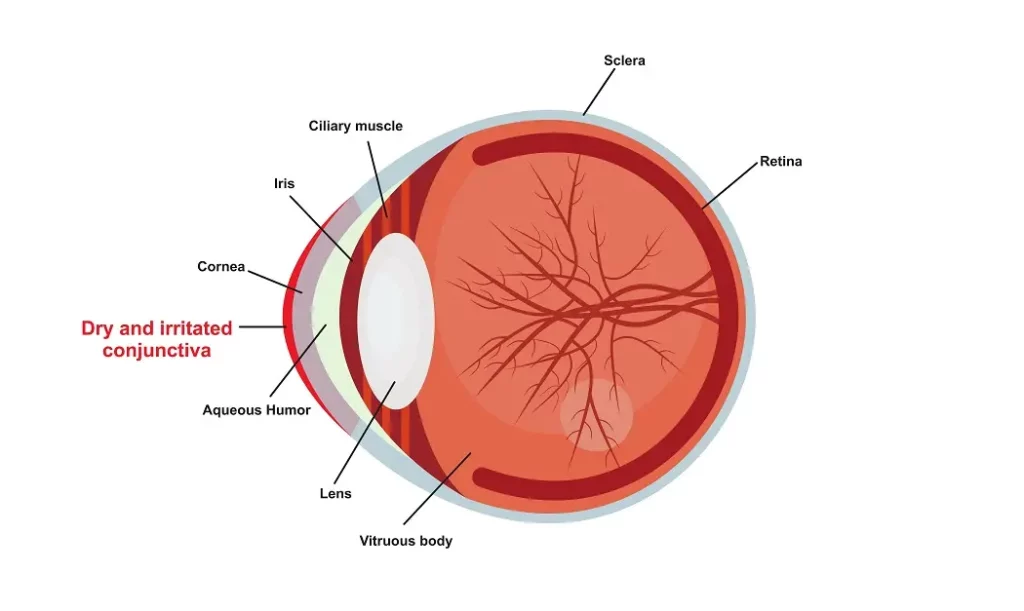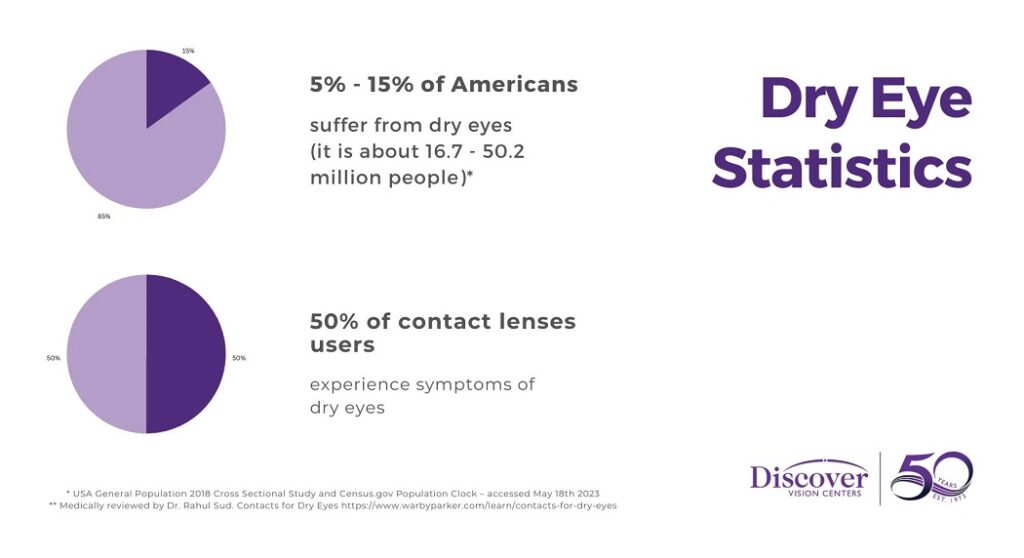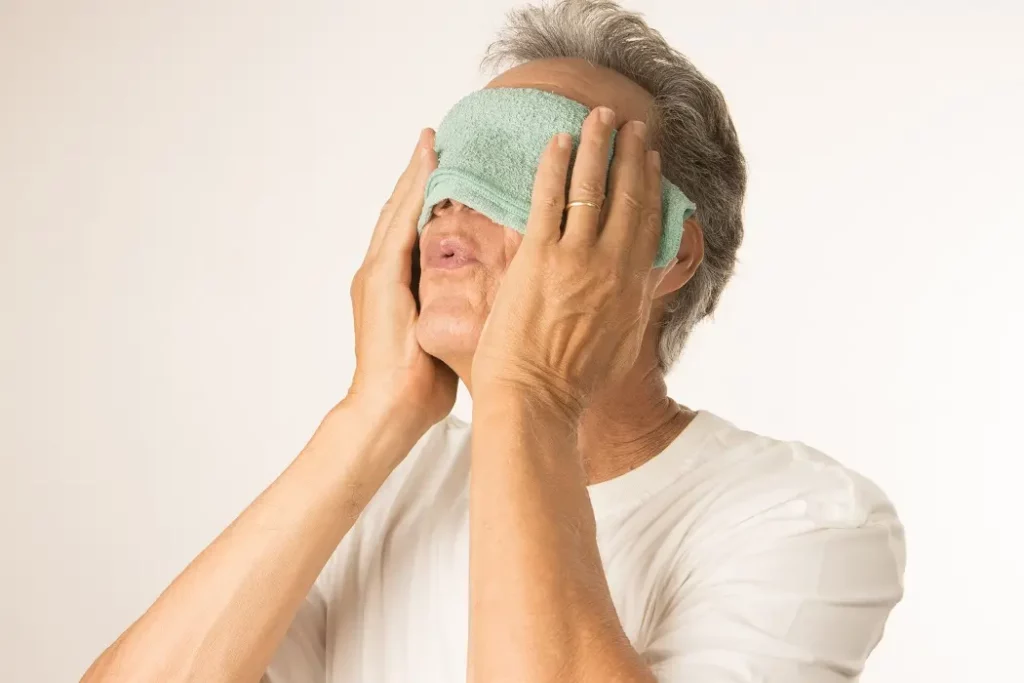
Dealing with dry eye? You’re not alone. According to the National Eye Institute, this condition affects millions of Americans every year, making daily tasks more challenging and increasing the risk of eye infections. Knowing how to fix dry eyes with a complete cure remains elusive, but there are quite a few ways to help ease the issue. Check out the following dry eye treatments that can be effective in managing the symptoms.

A dry eye arises from the inability of the eye to produce adequate moisture on its surface. This could lead to various dry eye symptoms such as discomfort in the eyes, blurred vision, heightened sensitivity to light, and even excessive tearing in some cases.


Warm compresses are frequently recommended to alleviate dry eye syndrome. They can unclog oil glands in your eyelids, which helps in the production of quality tears. When placed over your eyelids, they loosen debris and provide relief. To do this, dip a washcloth in warm water and press it against your upper and lower eyelids for about five minutes, rewetting the cloth every 10 to 15 seconds to keep it warm.
Smoking tobacco is a significant contributor to dry eye irritation. Cigarette smoke exacerbates the symptoms, and smokers are twice as likely to face this condition as non-smokers. If your eyes aren’t enough motivation, remember the numerous other health risks linked to smoking.
Omega-3 essential fatty acids are crucial for improving tear quality and reducing the rate of tear evaporation. Besides their benefits for heart and brain health, they can also enhance the tear film. Foods rich in these healthy fats include fatty fish like salmon and tuna, flax seeds, chia seeds, walnuts, and oils like palm, soybean, and fish oil. If your diet lacks these sources, consider fish oil or omega-3 supplements, but consult your eye doctor first.

Dry air, especially during colder months, can speed up tear evaporation, leading to eye irritation. A humidifier in your home can add the needed moisture to the air, ensuring your tear glands produce enough tears to maintain a healthy tear film.
Continuous screen time can reduce your blink rate, leading to dry eyes. It’s essential to look away occasionally to avoid blurry vision and eye strain. Remember the 20-20-20 rule: Every 20 minutes, look at something 20 feet away for 20 seconds.
Over-the-counter eye drops or artificial tears can provide instant relief for mild and temporary instances of dry eyes by supplementing your natural tears. If using frequently, opt for preservative-free versions to minimize potential eye irritation.

Some medicines, including antidepressants and antihistamines, might disrupt tear production. Discuss your prescriptions with your eye doctor, especially if symptoms persist, to find a balance that prioritizes your eye health.
Though it seems obvious, intentional blinking, especially during prolonged screen usage, can aid in maintaining a healthy tear film and counteract tear evaporation.
Accumulated debris around your eyes can lead to clogged oil glands, affecting tear quality. Using warm water, gently massage your eyelids and lashes daily to keep them clean.

Vitamins play a pivotal role in eye health. For instance, a vitamin D deficiency can impact tear production. Regular intake of these vitamins can enhance the tear film’s quality and quantity.
Staying hydrated ensures your eyes regain moisture. Proper hydration supports tear production and prevents dryness.

Adequate rest is paramount for overall health, including eye health. The recommended amount of sleep varies, but generally, adults should aim for 7-9 hours. During sleep, the eyes refresh and produce healthy tears, reducing the chances of dryness upon waking.
Should you have more inquiries regarding relief for dry eyes or home remedies for dry eye syndrome, don’t hesitate to reach out to Discover Vision Centers. Let us be your guide and get you help for your dry eyes. Get started now and ensure your eyes receive the best care possible!